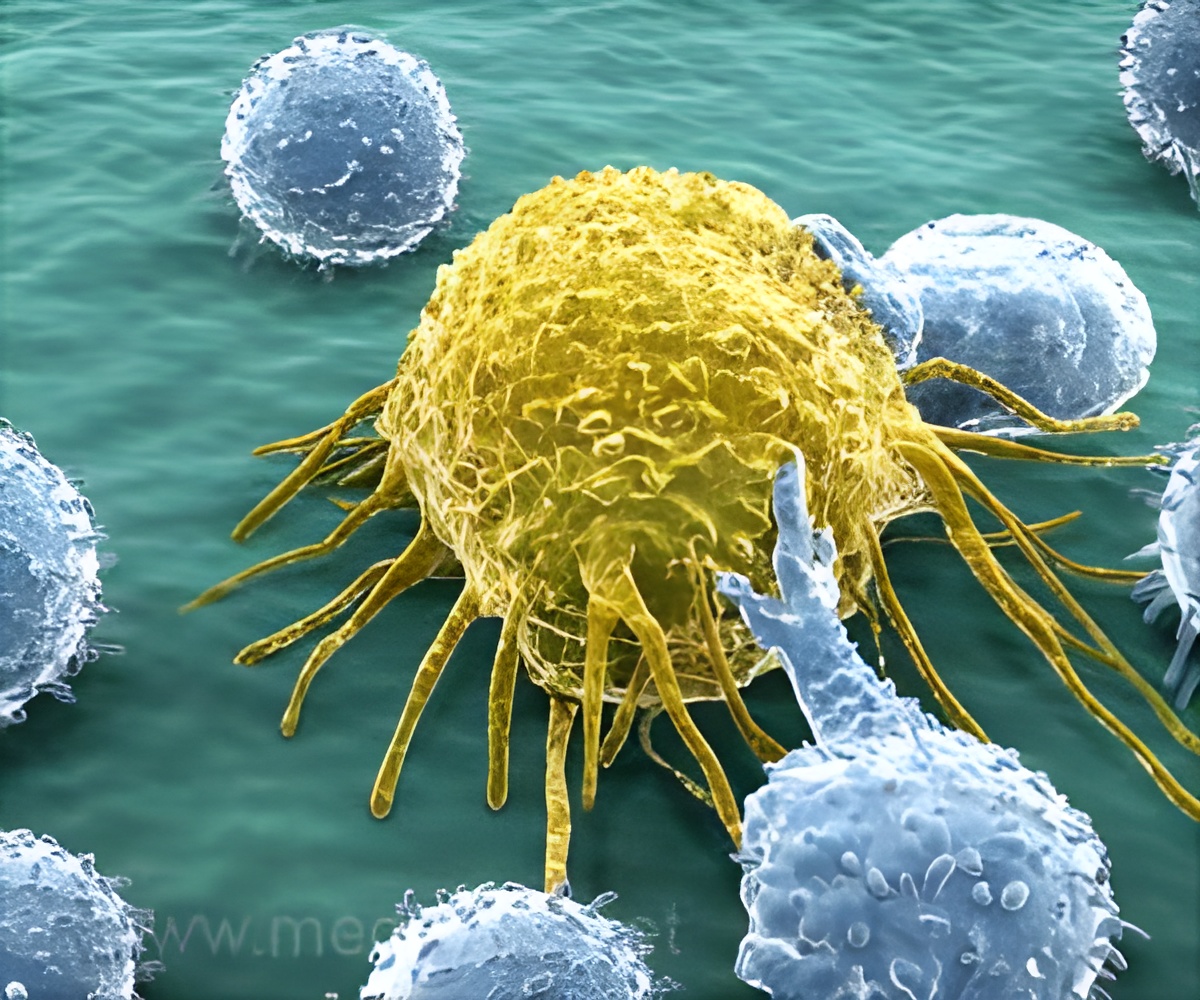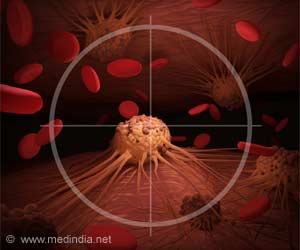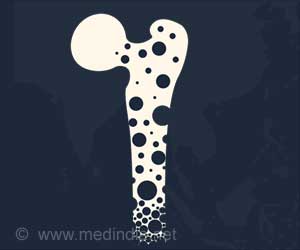Solid tumors, such as breast cancers can be targeted by boosting our immune system T cells via the addition of a small molecule to the treatment procedure called chimeric antigen receptor-T (CAR-T) cell therapy.

‘Solid tumors, such as breast cancers can be targeted by boosting our immune system T cells via the addition of a small molecule to the treatment procedure called chimeric antigen receptor-T (CAR-T) cell therapy. This shifts a new dimension towards effective treatment against various solid tumors.’





But the present pre-clinicalstudies in mouse models have emphasized the potential for using CAR-T therapy effectively against solid tumours as well. "We know that CAR-T cells are safe for patients with solid tumours but so far they have not been able to cause significant tumour regression in the overwhelming majority of people treated. Now we may have a new approach to make CAR-T cells work in solid tumours, which we think could be a game-changer for therapies aimed at an appreciable number of cancers", says Jonathan S. Serody, MD, the Elizabeth Thomas Professor of Medicine, Microbiology and Immunology and director of the Immunotherapy Program at UNC Lineberger.
The T cells infused back into patients after modification have to then migrate to tumor site for CAR-T cell therapy to be effective. In non-solid tumors, such as lymphomas, CAR-T cells home in on bone marrow and other organs that make up the lymphatic system. Whereas in solid tumors, such as breast cancer, they don't persist and expand well there due to the nature of the microenvironment surrounding such tumors, even after their migration to tumor.
CAR-T cell therapy in solid cancers
To direct these modified T cells toward the site of solid tumors, the team focused on Th17 and Tc17 cells, which are known to have longer persistence with better survival capabilities in the micro-environment that surrounds a tumor. The cells accumulation rate was boosted using two small molecules that can activate an immune response: the stimulator of interferon genes (STING) agonists DMXAA and cGAMP.
Advertisement
"We hope to be able to study cGAMP in humans fairly soon. We will look to see if we can produce improvements in the treatment of head and neck cancers first, and if that proves promising, move into other forms of cancer by using CAR-T cells generated by one of our colleagues here at UNC", says Serody.
Advertisement
Source-Medindia













